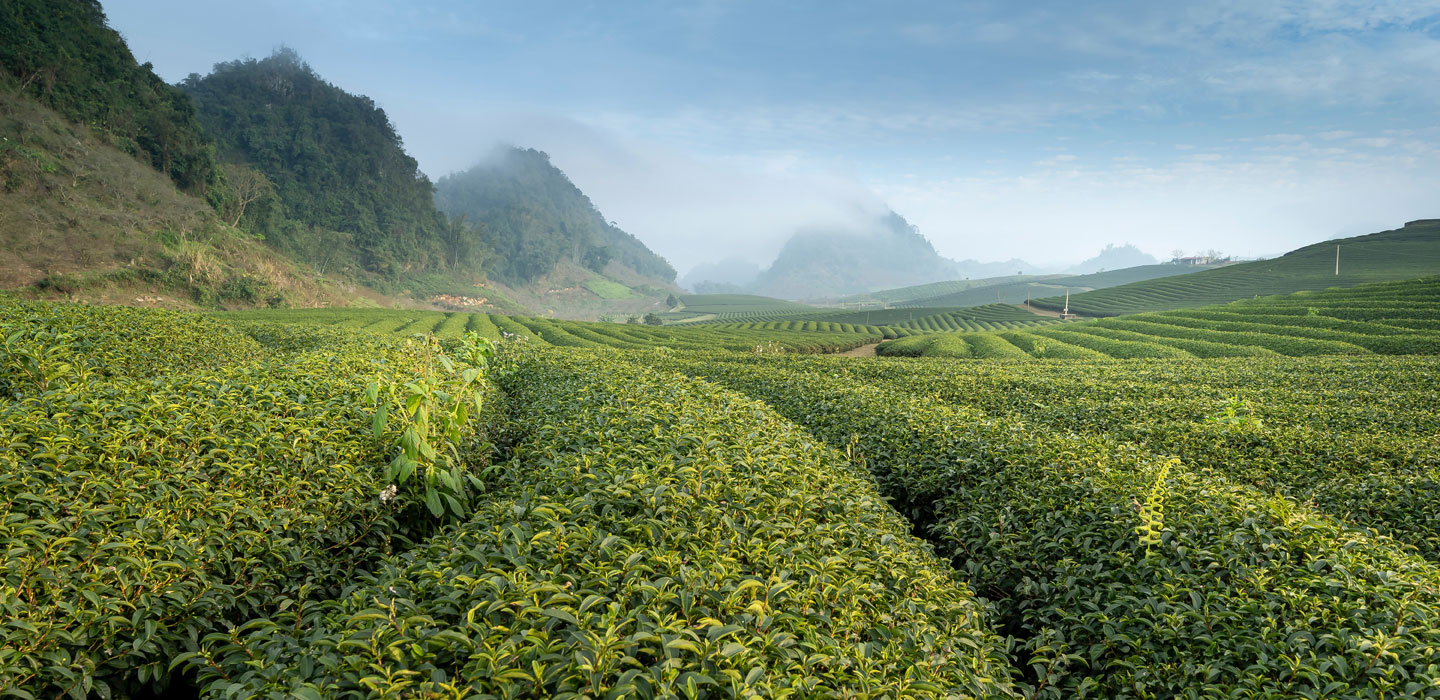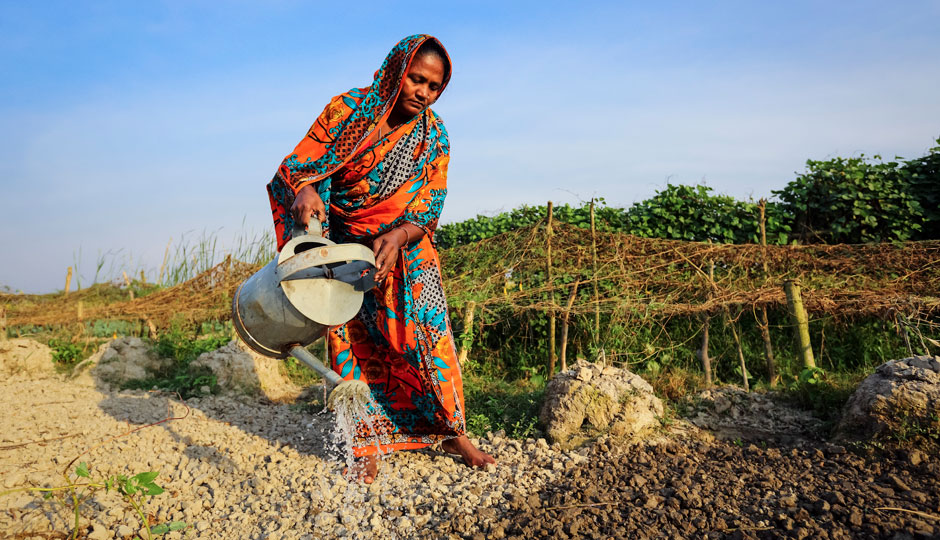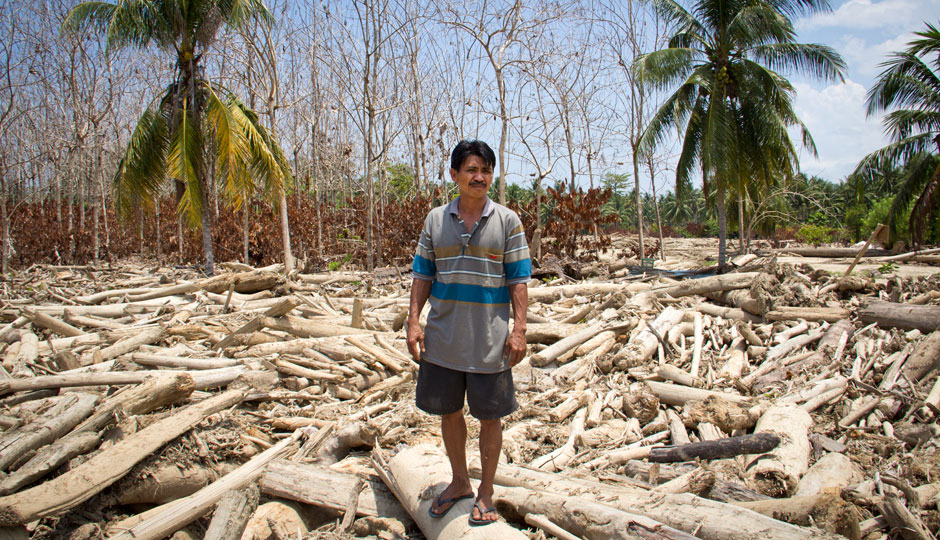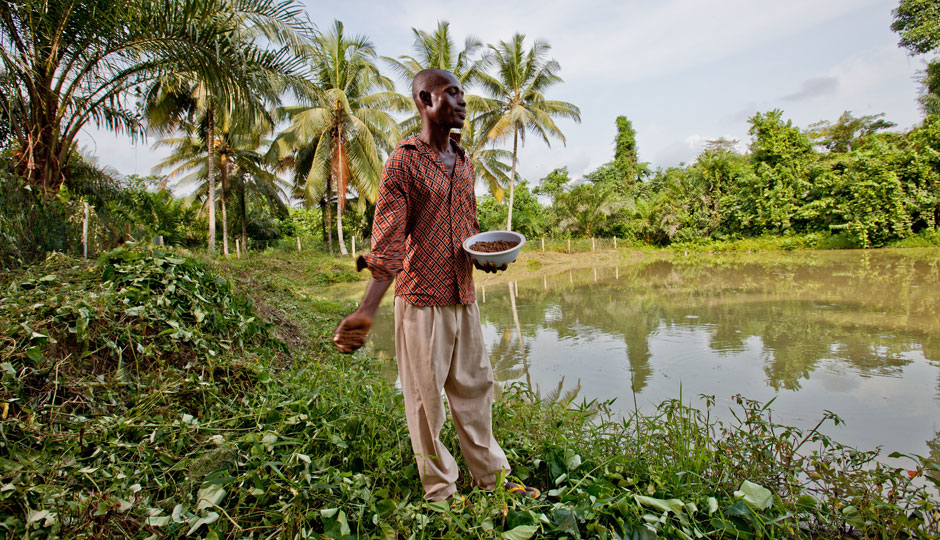Ensuring environmental sustainability and building resilience to climate change
IFAD Asset Request Portlet
Asset Publisher
Ensuring environmental sustainability and building resilience to climate change
04 June 2020
Smallholder farmers and poor rural people bear the brunt of climate change and the degradation of natural resources. Extreme weather events, such as droughts, storms and floods, are putting pressure on the ecosystems that farmers depend on, as are gradual processes such as rising sea levels and melting glaciers.
 |
| ©IFAD/G.M.B. Akash |
Crop failures and livestock deaths are causing economic losses and undermining the food security of rural people with ever-greater frequency, especially in parts of sub-Saharan Africa. The ecosystems on which smallholder farmers rely are increasingly undermined. Access to suitable agricultural land is declining, and forest, soil and water resources are increasingly restricted and degraded.
 |
| ©IFAD/Roger Arnold |
Poor farmers and fishers are guardians of natural resources. With targeted assistance, agriculture, forestry and fishery sectors can play a key role in tackling environmental degradation and climate change. Improving land management and adjusting farming practices can help alleviate pressure on the environment and lower greenhouse gas emissions. Farming systems that embrace sustainable intensification practices can increase crop tolerance, diversify production and hinder environmental degradation.
 |
| ©IFAD/Nana Kofi Acquah |
IFAD promotes agricultural growth that is environmentally sustainable and integrated into ecosystems. We help farmers and fishers become more resilient to the impact of climate change. IFAD’s Adaptation for Smallholder Agriculture Programme is the largest global climate adaptation programme for smallholder farmers. We channel climate and environmental finance to smallholder farmers, helping them to reduce poverty, enhance biodiversity, increase yields and lower greenhouse gas emissions.